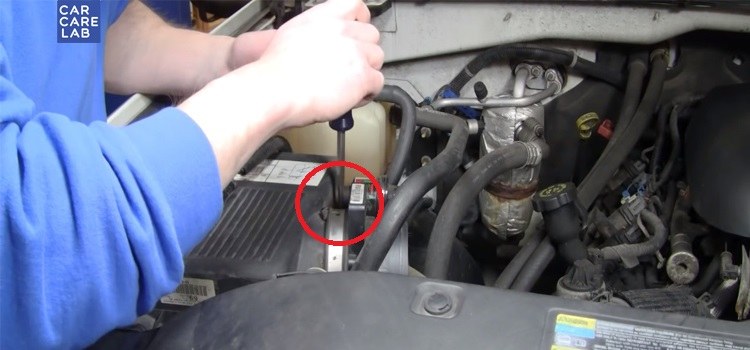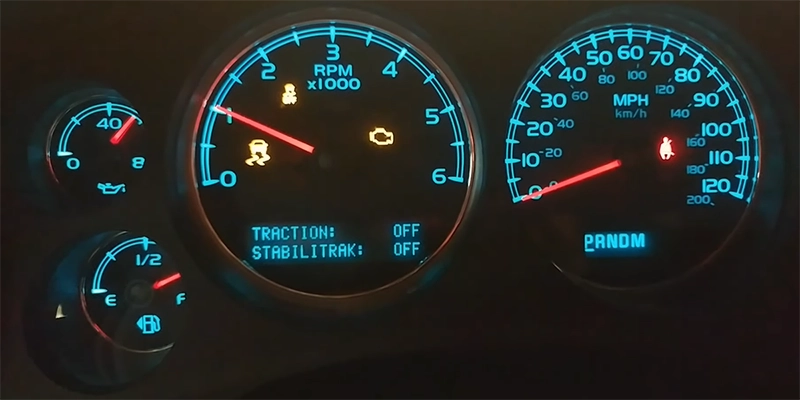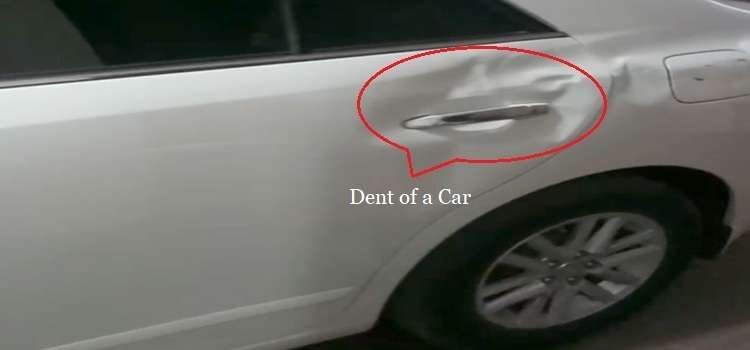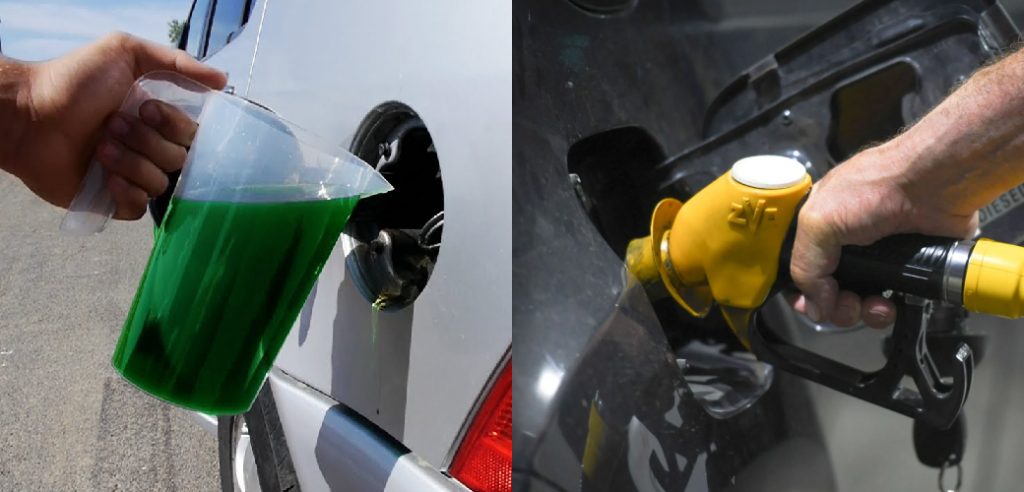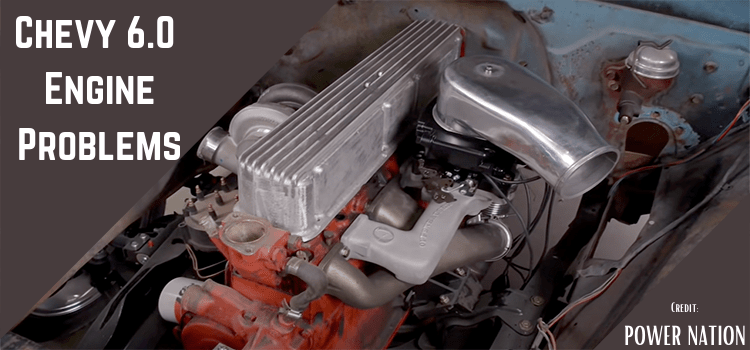You are probably reading this article because you have received a motor vehicle notification informing you that your factory warranty is aging off and telling you to call their toll-free number for an extended warranty.
This notification also warns you that once you reach the vehicle warranty expiration date, your original warranty becomes void, and you’ll be settling your car repair bills from your pocket.
Your motor vehicle notification pink postcard details your vehicle service contracts. If you call their toll-free telephone number, they will help you choose a protection plan for a few thousand dollars.
What if the postcard notice comes from your vehicle manufacturer? What if the motor vehicle service notification pink postcard is a scam? With all the consequences it states, will you ignore the vehicle protection they are emailing you to extend?
What Does Motor Vehicle Notification Mean?
A motor vehicle service notification is a solicited letter from your vehicle manufacturer or extended warranty service company regarding the status of your repair coverage.
The solicited letter will tell you that your warranty right is about to expire and that you need to update it to continue enjoying standard warranty rights.
Motor vehicle service notification contains your contacts such as email address and the vehicle make and model and service history to induce you to extend the warranty.
The postcard contains all the information on your dealer-service contract and shows it comes from your extended warranty sellers, dealerships, or vehicle manufacturers. Some of these postcards have the seal and logo of your department of motor vehicles.
Regardless of how authentic the notification looks, be wary of scammers. Hence you need to thoroughly scrutinize the postcard to ensure it comes from the dealership or factory manufacturer (if you bought the car directly from the manufacturer).
As a vehicle owner, you have the right to refuse the warranty extension if you choose to.
Don’t be fast in making such decisions because a wrong decision may affect your savings. How do you figure out if it is a scam or not? Let’s find out.
Company name: An unsolicited notice will not bear a company name, so you won’t easily find out. A postcard or letter from the manufacturer will bear the dealership’s name, logo, and seal. Tracking down unsolicited letters is easy – just compare the name and logo on your vehicle service agreement with the one on the postcard.
Vehicle service agreement: Do not dispose of or misplace your vehicle paperwork from the dealership or manufacturer. The paperwork records import details about your car, such as years and mileage. Most dealerships give five years or 50,000 miles warranty. This implies that once the vehicle is up to 5 years or covers 50,000 miles, the original warranty becomes void.
Once the warranty expires, it is left for you to extend or discontinue it. However, most car owners prefer to discontinue the vehicle warranty once the factory coverage expires. This is mostly because the cost of updating the contract for five years is more than half the price of the car, and the extension doesn’t cover any present significant mechanical damages.
Legitimate notice: To be sure the postcard is not a scam, compare the postcard with your vehicle service agreement. All the details should be the same, including logo, name, seal, and toll-free telephone number for phone calls.
Take your time and peruse through the postcard or letter at your pace. Ensure the postcard is not from a third-party extended warranty seller. It has to come from your dealership or manufacturer, otherwise do not accept it. Some of these third-party extended warranty sellers have already gone bankrupt and looking for who to devour. If you fall for their scam, they will deny you when the time comes.
Lastly, get on the phone with your manufacturer or dealership via the toll-free number on the vehicle service agreement to confirm the postcard or letter is from them. If they prove, they didn’t send it, discard it, pretend as if nothing happens, and commute to your scheduled activities.
Motor Vehicle Service Notification: Is It a Scam or Not?
It all lies in your case and how you see it. If you follow the above steps religiously, you’ll know whether your postcard is a scam or not. There are legitimate motor vehicle service notifications from your dealership or factory manufacturers and ones from extended car warranty companies. Getting a postcard from an extended warranty company you have no deal with, stating you should extend your warranty is a scam.
How do these third-party warranty companies get your details? Some vehicle dealerships trade their customers’ details to warranty companies. So, what you should watch out for is the origin of the notification letter and not why it comes from a third-party company you have no business with.
A legitimate postcard or letter from your manufacturer will cover the following:
- Use the factory manufacturers or dealerships’ toll-free number, logo, name, and seal (and watermark if they have any).
- The notice will state accurate previous vehicle service.
- Have a well-trained sales staff on the phone answering customer’s calls with courtesy.
- The notice will be sent close to your vehicle warranty expiration date or when it expires.
- The notification should be sent from your dealership or manufacturer’s known location.
Here are a few reasons why you should or shouldn’t extend your vehicle warranty.
- If you are planning to sell the car off in the next two or three years, there’s no need of extending the vehicle warranty.
- If you have been paying the repair bills yourself or want to start paying them, there’s no need to extend the warranty.
- If you plan to use the vehicle till the next ten years, consider extending it.
- If the warranty price is up to half the cost of the car, there’s no need to extend it since the warranty doesn’t cover all repairs.
The warranty covers only basic electrical and mechanical maintenance, such as steering noise, brake noise, engine oil change, and air conditioning system issues.
A motor vehicle service notification scam will keep disturbing you every two months to induce you to pay for a warranty extension.
What Are Signs Of Motor Vehicle Service Notification Scams To Watch Out For?
The notification comes earlier than expected: The first thing to watch out for in checking the legitimacy of motor vehicle service notification is the date. If you haven’t crossed 50,000 miles or reached 5yrs and you receive the postcard, it is a red flag you’re dealing with scammers.
For instance, you have covered only 2,500 miles or three years and receive the notification letter. You’re dealing with outright thieves. Your vehicle is under warranty until you cover the stipulated date or miles. Such a postcard or letter shows they don’t know much about your car.
Spurious repair activity: If you see spurious repair activities at the back of the letter amounting to thousands of dollars and the letter claims you wouldn’t have spent such amount if you are under their coverage which you haven’t spent such amount or gone for such repairs since you purchased the car, discard the postcard and continue with your scheduled activities.
Different telephone numbers: Failure to checkmate the phone numbers can cause you thousands of dollars. A legitimate notification will have the same telephone numbers on their website or the vehicle service agreement. If the telephone numbers are not the same, contact the one on your vehicle service agreement and explain the notification you have received. If your dealership or manufacturer says they are not aware of it, it is a red flag.
Vehicle manufacturer denies sending the notification: If the dealer or manufacturer denies sending the letter or postcard, discard it. But if the dealership agrees the letter is from them and the phone number is the same, then, it’s left for you to extend the warranty or choose to foot your repair bills.
Why am I Getting a Car Warranty Call?
Once your car has covered or got close to the expiration date or mileage, you’ll receive a call from your dealership or manufacturer to extend your car warranties. The purpose of the call is to induce you to extend the warranty coverage. The sales staff on your phone will have your vehicle and personal data.
There are possibilities the call is not from your dealership or manufacturers. It may come from scammers trying to rip you off. The caller will have basic information about you and the car.
If you are not smart enough, you will lose your hard-earned money.
If you receive cold calls trying to induce you to extend your warranty, telling you to pay with your credit card or as soon as possible, calm your nerves and slow the caller down. If you get calls from unfamiliar area codes or not from your dealership telephone number, ignore the calls.
FAQs
How Do I Stop Car Warranty Calls?
What Is A Good Extended Car Warranty Company?
However, there are few reliable ones you can bank on. Endurance provides the best car warranty service in the state, followed by CARCHEX and CarShield.
Are Vehicle Service Contracts Worth It?
It will be a financial burden to extend the warranty on all parts of the car. Your car may not undergo expensive repair on a particular part of the vehicle when you cover it on your warranty. Well, whether vehicle service contracts are worth it or not, depends on what you want and the issues your car develops during the coverage.
Who Are Auto Warranty Services?
How Do Warranty Companies Get Information?
Sometimes, they get your information from dishonest car dealers and insurance companies who sell their customers’ data.
What Is A Motor Vehicle Expiration Notice?
Final Word
At this juncture, It is clear how to stay away from motor vehicle service notification scams. Always pay attention to the red flags listed above.
Once you suspect fraud and the postcard comes with spurious repair activities, different phone numbers, or notification comes earlier than expected, contact your dealership or manufacturer to confirm the legitimacy of the postcard.
If they deny sending the notice, ignore the postcard and block their telephone number right away.
Factory warranty expiration date is written on your vehicle service agreement. Once it expires, you, as a car owner, have the right to extend or discontinue it. If you receive the notification and you’re unable to detect if it’s a scam or not, contact us. We’ll assist you at no cost.
 Skip to content
Skip to content
